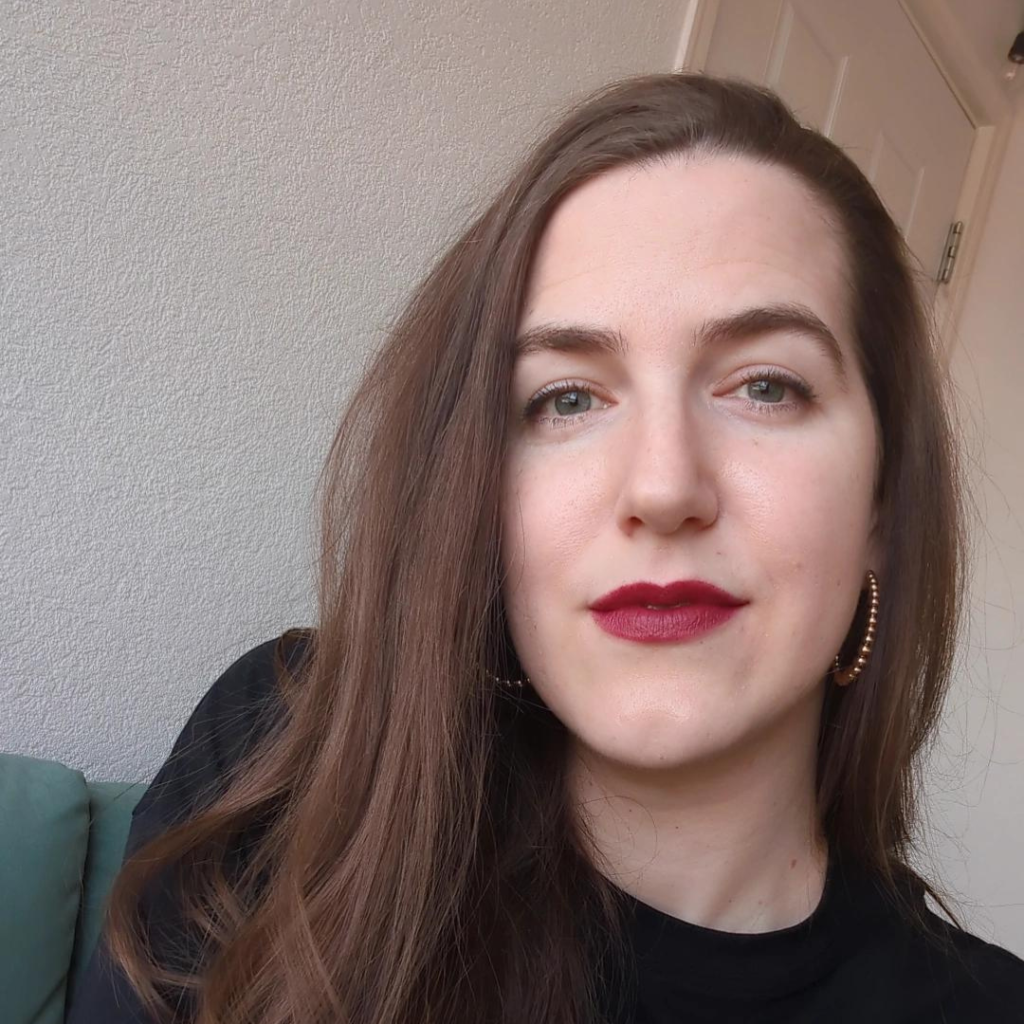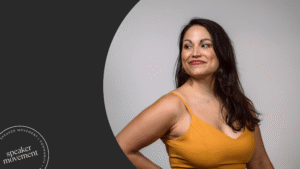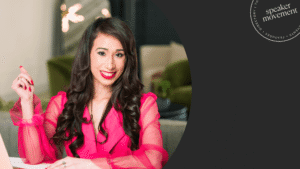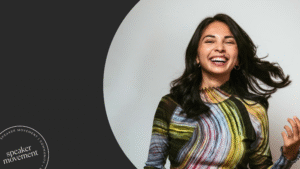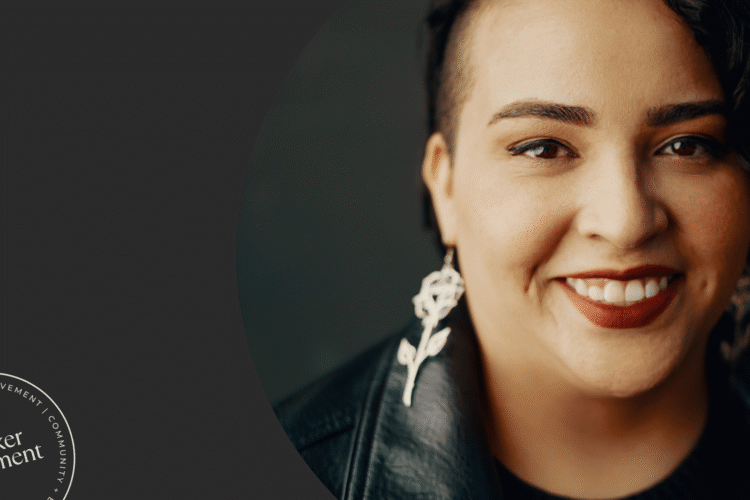
Today we are interviewing Stephanie Olano (she/her) who shares her mission to disrupt systems not made for historically marginalized communities so that we can heal as a community.
Stephanie is a prominent Latinx therapist, speaker, and podcaster based in the vibrant Bay Area, California, United States. As the CEO and founder of TODOS Therapy, her dedication lies in providing culturally sensitive mental health support to BIPOC and Latinx individuals who are grappling with impostor syndrome, authenticity privilege, as well as acculturation struggles encountered by first-generation and third-culture kids.
Additionally, Stephanie’s passion for financial well-being led her to establish Awkward Money, LLC, where she serves as a compassionate coach and healer, helping clients navigate and heal from financial trauma.
Hola Stephanie and thank you so much for taking the time to talk to me today! As the CEO and founder of TODOS Therapy, what inspired you to start your business?
During the height of the pandemic I started my private practice, TODOS Therapy, because I saw a deep need in our community—especially among Latinx, BIPOC, and third culture kids/individuals—for decolonized, culturally responsive, trauma-informed, and neuro-affirming mental health support. Too often, our stories are overlooked or misunderstood in traditional therapy spaces. I wanted to create a place where people feel seen, heard, and empowered to heal in ways that honor their lived experiences.
Originally, TODOS stands for Together Overcoming & Demystifying the Others’ Struggle. But lately it is about Together Overcoming Distress, Oppression, and Stigma—because healing isn’t something we do alone. It’s something we do together, as a community.
That is such a beautiful mission and something I know a lot of our readers believe in too. What is a recent milestone or achievement in your work that you’re most proud of?
A recent milestone I’m really proud of is expanding our services to include ADHD and autism assessments specifically designed with cultural humility and neurodivergent affirming practices in mind. So many BIPOC adults—especially women and nonbinary folks—go undiagnosed or misdiagnosed for years. Being able to offer assessments that are actually validating and trauma-informed has been a game changer for our clients. It’s been incredibly rewarding to witness people finally feel understood, not pathologized.
When it comes to the future of your business and the work you do, what legacy do you hope to leave behind?
Through TODOS Therapy, I hope to leave behind a legacy of liberation, belonging, and radical healing. I want future generations—especially Latinx, third culture individuals, neurodivergent, and LGBTQ+ folks—to know that mental health care can be safe, empowering, and deeply rooted in culture and community.
I want to disrupt systems that were never made for us and help build new ones where our stories are centered, our struggles are honored, and our joy is prioritized. If even one person feels less alone, more seen, and more free because of this work, that’s the legacy I’m proud to leave.
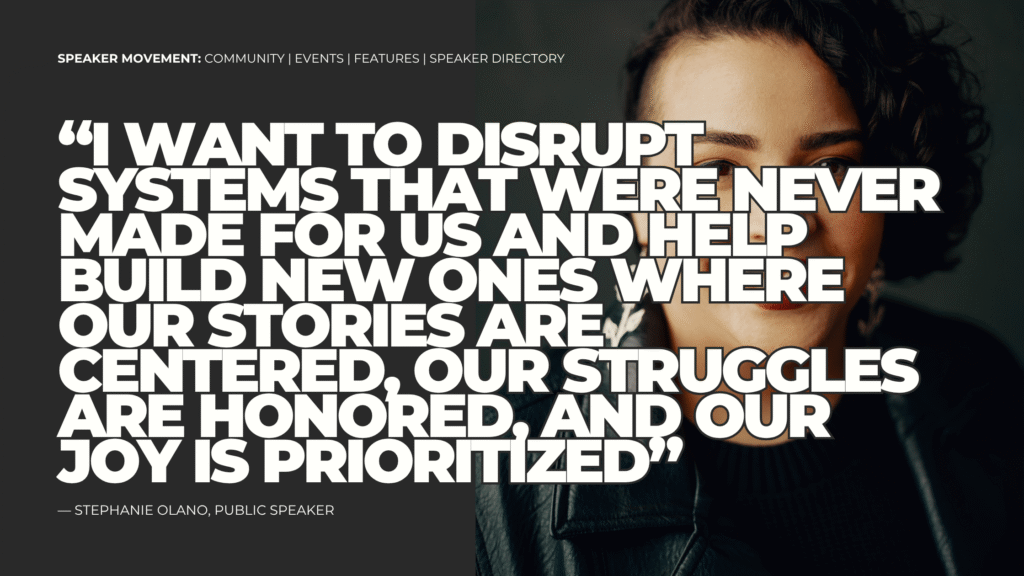
YES!! This work is seriously so important. What would you say has profoundly shaped your perspective?
One film that profoundly shaped my perspective is High Fidelity. On the surface, it’s about music and relationships, but what really struck me is how it explores memory, identity, and the stories we tell ourselves about failure, love, and regret. It made me reflect on how we sometimes get stuck replaying emotional “greatest hits” from our past—especially the painful ones—and how that shapes the way we move through the world.
As a therapist, I think a lot about narrative and how we can re-author our stories. High Fidelity reminded me that healing isn’t about rewriting the past—it’s about facing it with honesty, humor, and heart.
Plus, the soundtrack? Iconic.
Speaking of how past experiences shape the way we move through the world—have you ever faced imposter syndrome as a speaker? How did you overcome it?
Honestly? I’m still overcoming it. Every time I step onto a stage or into a virtual room, there’s that little voice that says, “Who do you think you are?”. Especially coming from a background where we’re taught to keep our heads down and not take up too much space, speaking publicly can feel like breaking every rule we grew up with.
What helps me move through it is remembering that I’m not speaking for my community—I’m speaking with them and because of them. I ground myself in my purpose, not perfection. I remind myself that someone in the audience needs to hear exactly what I have to say, said in the way only I can say it. And when the nerves hit? I breathe, I center, and I say, “Let’s do it scared.” Because courage doesn’t mean the fear goes away—it means you show up anyway.
What does success mean to you on a personal level?
On a personal level, success means living in alignment with my values—not just checking off achievements or chasing hustle culture goals. It means creating a life and business that honors my mental health, my culture, my boundaries, and my community.
Success looks like waking up with a sense of purpose, having spaciousness in my day, laughing with my loved ones, and knowing I’m making an impact without burning myself out. It’s being able to rest without guilt, to say “no” without explanation, and to celebrate the small wins just as much as the big ones.
For me, success is about sustainability, joy, and liberation—not just for myself, but for the people I serve.
What’s an exciting project you’re currently working on?
I’m currently excited about developing an ADHD and autism assessment specifically tailored for our community. Traditional assessments often overlook the cultural nuances and trauma-informed perspectives that our communities require. My assessment combines clinical tools with storytelling, somatic awareness, and identity-affirming care.
In addition, I am creating groups, workshops, and digital resources to help individuals navigate ADHD, financial anxiety, and healing from internalized capitalism. This is important because neurodivergence and systemic oppression are closely connected, and our support must reflect this relationship.
This project is still evolving, but it’s one of the most meaningful initiatives I’ve undertaken, and I can’t wait to share it more widely.
If you could share one message with the world from a stage, what would it be?
“You are not too much. You are not behind. You are not broken.”
So many of us—especially those who are BIPOC, neurodivergent, or who grew up in survival mode—carry the weight of shame, silence, and stories that were never ours to begin with. However, healing is possible.
And never forget: “You belong in every room you enter. But if you feel that you don’t, you don’t need to change yourself; you may just be in the wrong room.”
Connect With Stephanie
The Speaker Movement
Be a part of the: Community | Stories | Directory
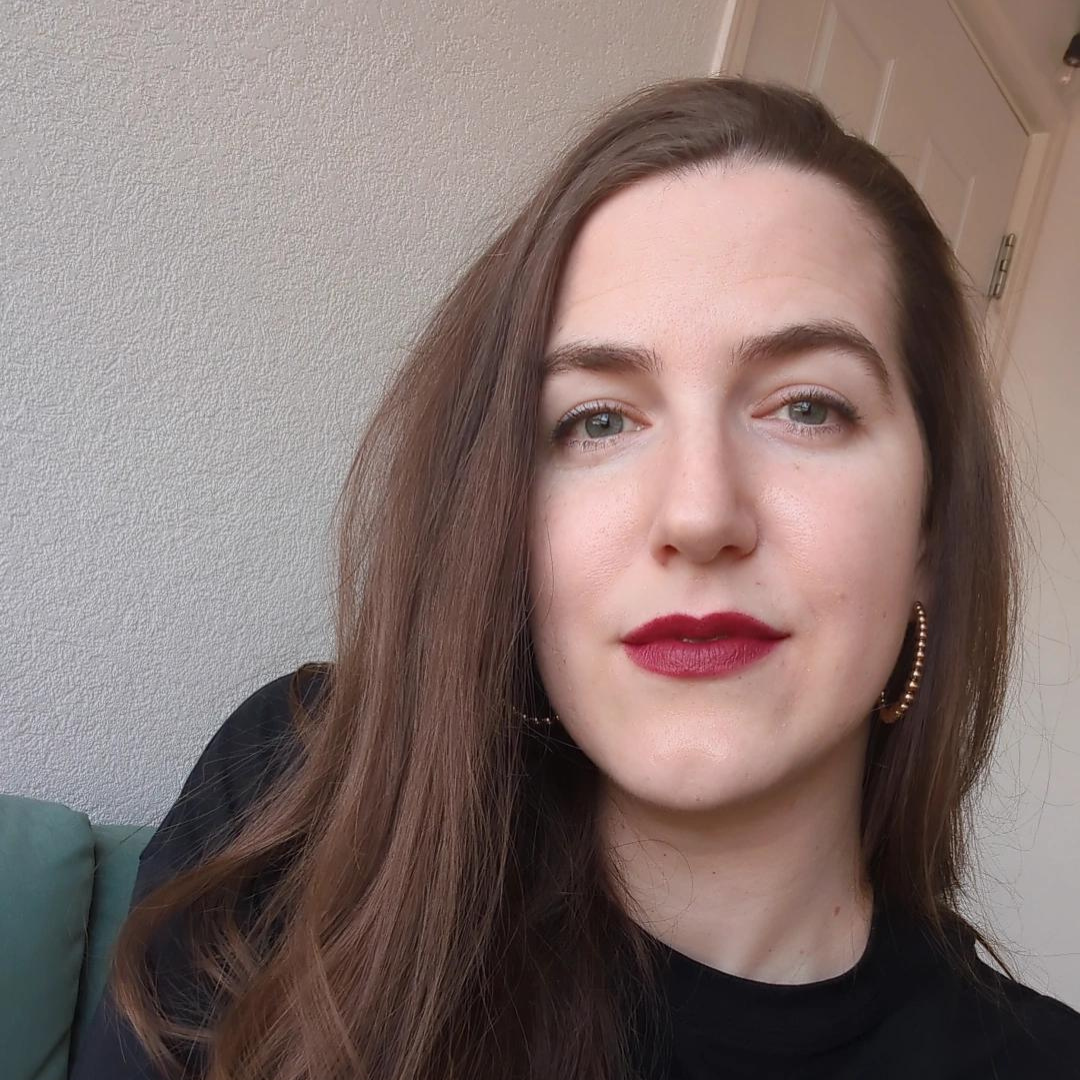
Steph (she/her/ella) is a Latina Speaker, Coach, and Founder of the Speaker Movement—on a mission to help underrepresented folks confidently embrace their Speaker Era to grow their brand and amplify their impact.
Beyond the business, you can find her embracing the small moments in life with a big glass of vino tinto, dancing bachata, and making new memories with her wife and baby boy.
